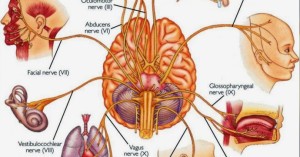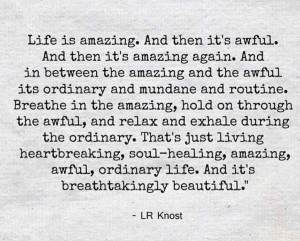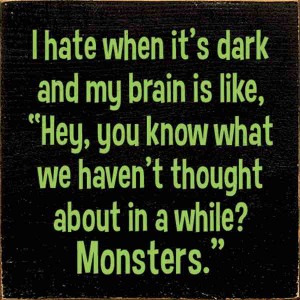“I feel like…”
It is everywhere. It’s used in casual conversation as well as in newspaper columns, by my fellow therapists, celebrity interviews, novels and, sometimes, can be found in more academic writing. I’m talking about people saying, “I feel like…”:
“I feel like Bernie Sanders would be a good president.”
“I feel like she would look better with short hair.”
“I feel like you should major in psychology rather than engineering.”
In each of these examples, the speaker introduces their thought disguised as a feeling. “Bernie Sanders would be a good president” is a thought as is, “She would look better with short hair” and ” You should major in psychology rather than engineering.” The speakers may have some emotion or feeling that is generated as a result of their thoughts, but it is important to our management of emotion to be able to distinguish between a thought and a feeling.
Consider this statement that will be much more emotionally loaded: “I feel like women who have abortions should be punished.” If challenged by someone who has a different opinion about women who have abortions, the speaker could shut down the conversation by saying, “That’s just how I feel.” We’ve been taught that people are entitled to their feelings and that we have no right to discount someone’s feelings. The problem is, “women who have abortions should be punished” is a thought or, if held long enough and nurtured, can become a belief. While we may hold that people’s feelings cannot be challenged, when we identify a thought or belief in ourselves or someone else, we can stop to consider whether or not there is evidence to support such a thought.
It doesn’t matter the age (although Millennials seem to use it more) or the level of education (I just busted a PhD who has written three books), I often hear my patients begin with, ” I feel like..” and then complete the sentence with a thought. This practice has become so ingrained, when I point this out, I am often met with a quizzical look.
Think about how the level of discourse could be elevated if people recognized their opinions as, mere, thoughts rather than thinking that their opinions have more validity because they elevate them, erroneously, to the level of feeling.
Person A: ” I feel like women who have abortions should be punished.”
Peron B: “Really, why do you think that?”
Person A: “That’s just how I feel.”
or
Person A: “I am deeply opposed to abortion and believe that women who have them should be punished.”
Peron B: “Tell me more about how you came to believe that.”
Helping my patients to identify feelings is central to my work as a psychotherapist. If I buy into convention and allow patients to continue with their thought as if it were a feeling, they will be impeded in their processes of identifying actual feelings that they may be having. I prefer not to be complicit in our culture becoming even more dissociated from feelings by allowing people to believe they are engaging their feelings with, “I feel like…” when they are, actually, entertaining a thought. I feel like, rather, I believe it will help us, as a culture, to become more emotionally competent when we are better able to distinguish what we think from what we feel.
Read more on this thought in this New York Times column by op-ed writer, Molly Worthen.







 If you struggle with mood disregualtion, it is important to know that you don’t have to just sit around and take it or hope that the bad feelings will go away. The mind is something that can and must be managed in order to live peaceful, productive lives.
If you struggle with mood disregualtion, it is important to know that you don’t have to just sit around and take it or hope that the bad feelings will go away. The mind is something that can and must be managed in order to live peaceful, productive lives.

